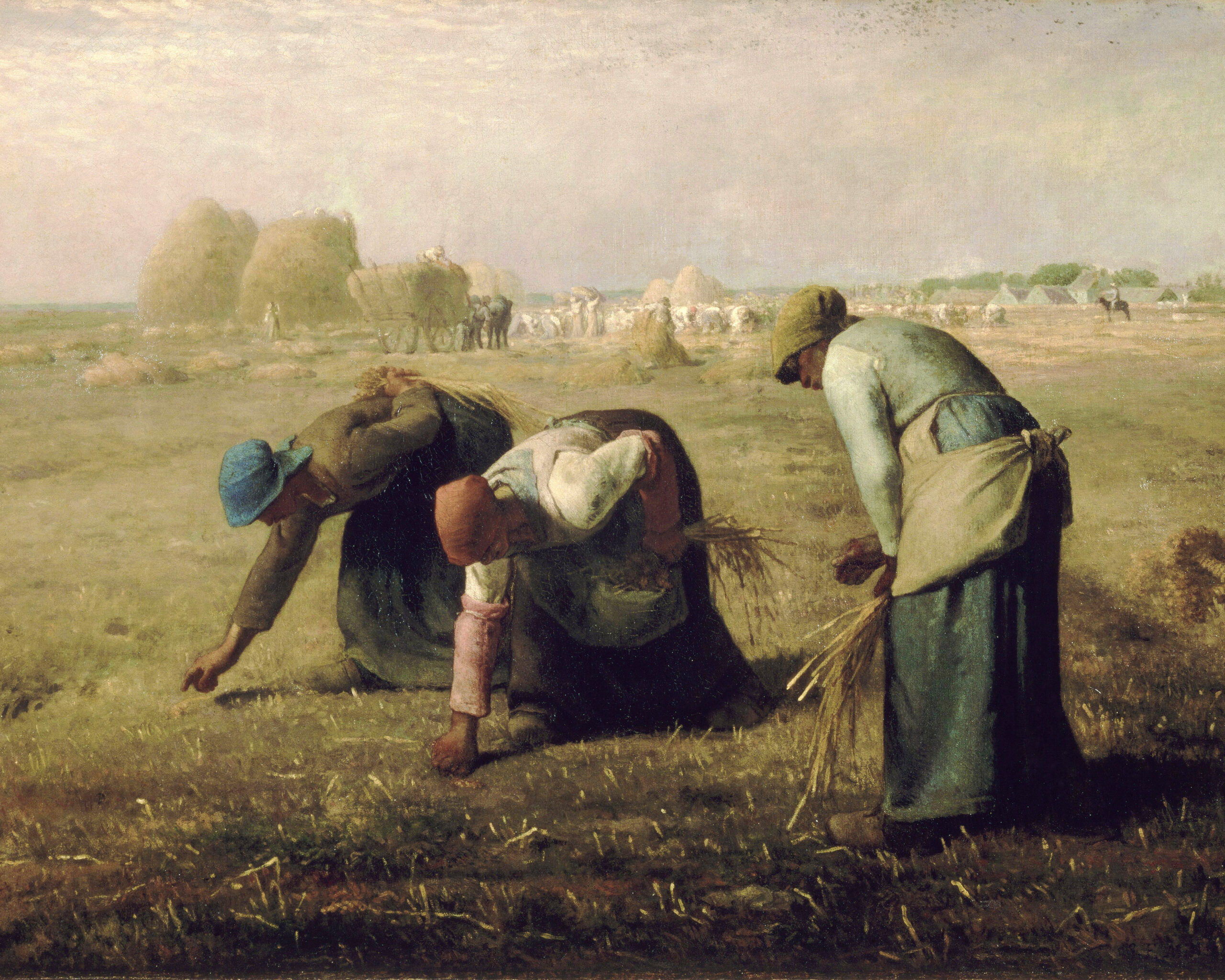We must have our mind settled on two points: one, to expect the growth of weeds in our garden; the other, to have courage to witness their removal, and to lend a hand ourselves. For self-love will not die as long as we live, and it is the origin of all those unwelcome productions. Man carries himself everywhere about with him, finds himself everywhere, and misery is attached to him as a shadow to the body.
According to the general opinion of good people, you should suspect all those desires which cannot be followed by their effects. Such are the desires of a certain Christian perfection which may be imagined, but cannot be practiced, and of which many can give lessons, but none a specimen.
Know that the virtue of patience is that which secures us the greatest perfection; and if we must have patience with others, we must also have it with ourselves. Those who aspire to the pure love of God, have more need of patience with themselves than with others.
To attain perfection, we must endure our imperfection. I say: we must suffer it with patience, not love or cherish it; humility is fortified in suffering.
We must acknowledge the truth: we are miserable creatures, who can scarcely do any good; but God, who is infinitely good, is content with our little works, and the preparation of our heart is agreeable to Him (Psalm 9:38).
To travel well, we should apply ourselves to the present day’s journey, and not concern ourselves about the final one before we have finished the first. Remember this: we sometimes amuse ourselves so much about being good angels, that we hardly labor to become good men.
Our imperfection will accompany us to the grave. We cannot walk without touching the ground. It is not necessary to lie or wallow there; neither is it necessary to think of flying; for we are so small, that we have not yet got wings. We die little by little; so we must also die to our imperfections day by day.
O precious imperfections! Which show us our misery, exercise us in humility and self-contempt, in patience and diligence, and in spite of which, God has regard to the preparation of our heart, that it may be perfect!
You complain of the many imperfections and defects to be found in your life, contrary to your desire of perfection, and to the purity of the love of God. I answer that anything else is impossible here below. We must carry ourselves about with us until God carries us to Heaven; and so long as we carry ourselves, we shall have nothing to boast of.
O God, how great a blessing it is to know our weakness and our misery! This knowledge will serve us for the remainder of our days. “What does he know,” says the Holy Scripture, “who has not been tempted?” My God, how much I desire to be humbled and confounded!
Live joyful, Our Lord looks upon you, and looks upon you with love, and with tenderness in proportion to your weakness. Never permit your mind to willingly entertain thoughts to the contrary, and when they come, regard them not; turn your eyes away from their iniquity, and turn them towards God with a courageous humility, to speak to Him of His ineffable goodness, by which He loves our poor, abject, fallen nature, notwithstanding all its misery.
Our imperfections need not please us; we must say with the great Apostle: “Miserable man that I am! Who will deliver me from this body of death?” But they need not astonish us, or take away our courage; we should rather draw submission, humility, and diffidence in ourselves from them, but not discouragement, nor affliction of heart, much less doubtfulness of the love of God towards us. Thus God does not love our imperfections nor venial sins, but He loves us much notwithstanding them. As the weakness and infirmity of an infant displease its mother, yet she does not cease to love it, but loves it tenderly and compassionately; so God while He does not approve of our imperfections or venial sins, ceases not to love us tenderly; wherefore, David could say with reason to Our Lord: “Have mercy on me, O Lord, for I am weak.”
This article is taken from a chapter in Consoling Thoughts on Trials of An Interior Life by St. Francis de Sales which is available from TAN Books.









